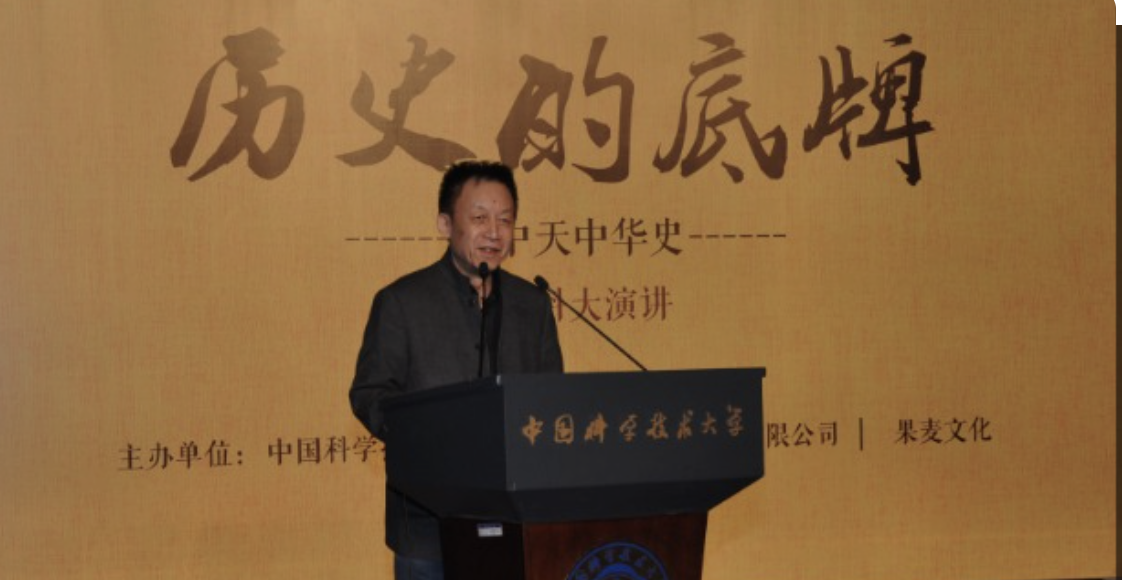The Hidden Cards of History:Lecture on Chinese History by Yi Zhongtian (Text Version - Part 2)
Teacher Yi Zhongtian continues to explore how Chinese civilization evolved from a matrilineal clan society into the unique model of a unified family and state, and compares the differences with Western civilization in terms of blood relations, property rights, contracts, and law. The article also points out that Chinese civilization does not have a religious belief system like the West but maintains social order and core values through ancestor worship.
The Hidden Cards of History:Lecture on Chinese History by Yi Zhongtian (Text Version - Part 1)
Professor Yi Zhongtian discussed in his lecture the evolution of historical education in China from the Opium War to modern times, and how traditional Chinese dreams are reflected through Romance of the Three Kingdoms. These traditional dreams include the Great Harmony Dream, the Well-Being Dream, and the Governing World Dream, reflecting the pursuit of an ideal society and its conflicts with reality.
Moment of Revelation:Mao Zedong's Loyal Subject Zhou Enlai (Complete Version)
On June 27, 1981, the 6th Plenary Session of the 11th Central Committee of the Communist Party of China passed the “Resolution of the Central Committee of the Communist Party of China on Several Historical Issues of the Party Since the Founding of the People’s Republic of China,” in which the evaluation of Zhou Enlai, former Vice Chairman of the CCP and Premier of the State Council of China, was “infinite loyalty to the party and the people, devoted and diligent,” and praised him for “maintaining the overall situation” during the “Cultural Revolution.” On February 29, 2008, then General Secretary Hu Jintao praised Zhou Enlai for “bearing humiliation and heavy burdens” during the Cultural Revolution at a symposium commemorating the 100th anniversary of Zhou Enlai’s birth.
Shen Kui & Lao Dongyan | Opinions on "Net Certificate and Net ID"
The Ministry of Public Security and the Cyberspace Administration of China have released the “Measures for the Management of National Network Identity Authentication Public Services (Draft for Soliciting Opinions).” This measure involves a unified network number and network certificate system, aimed at protecting personal information but has sparked discussions about privacy rights, real-name systems, and social risks. Professors Shen Kui and Lao Dongyan have expressed their concerns about the system from the perspectives of constitutional and administrative law.
The Untold Story of Zhou Enlai:The Face Behind the Political Paragon (Part 2)
This article explores key events and figures of the Cultural Revolution, including Zhou Enlai, Jiang Qing, and Mao Zedong’s ideologies. It reveals the impact and experiences of Zhou Enlai and his family during this historical period.
The Untold Story of Zhou Enlai:The Face Behind the Political Paragon (Part 1)
This article examines key figures and events in modern Chinese history, including Zhou Enlai, the Whampoa Military Academy, the Gu Shunzhang family massacre, and the Jiangxi mass grave incident, revealing the internal power struggles and purges within the Chinese Communist Party.



